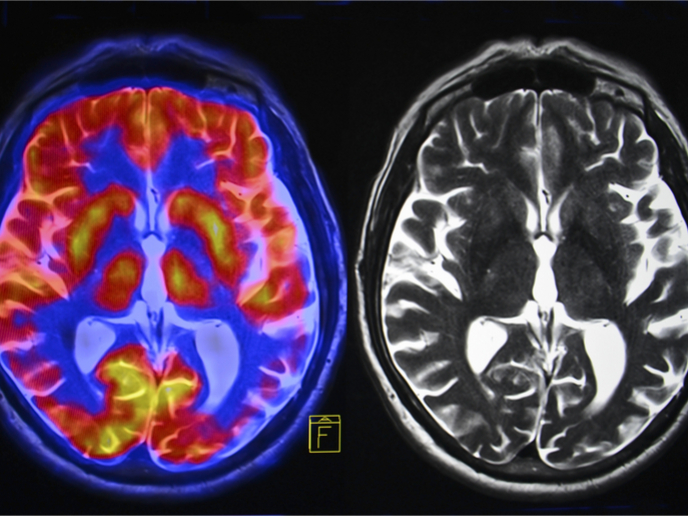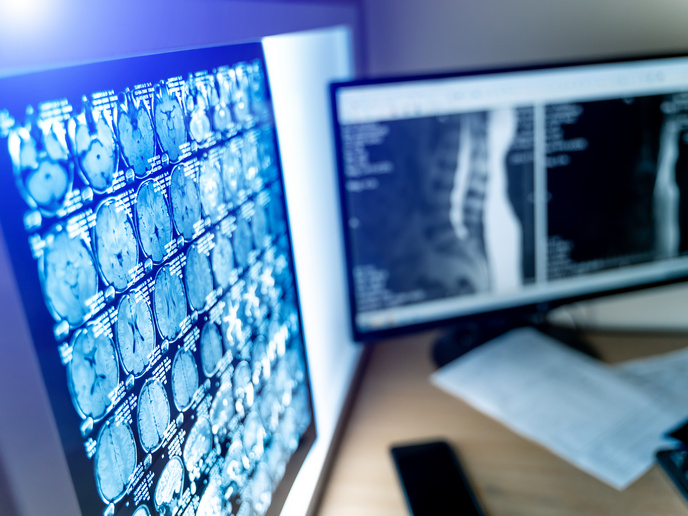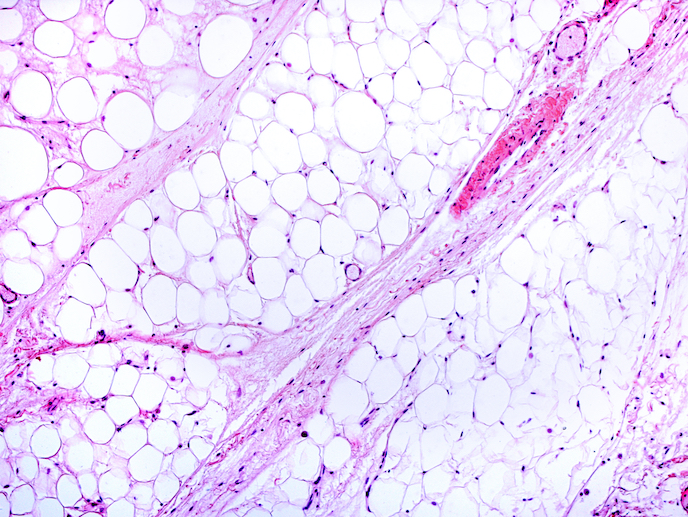Reactivating the memory traces in the sleeping brain
There’s nothing better than a good night’s sleep. But did you know that sleep not only helps us ‘recharge the batteries’, it also plays a role in consolidating our memories? “Sleep is known to play a critical role in the memory consolidation process, including the consolidation of our motor memories,” says Genevieve Albouy, a researcher at KU Leuven(opens in new window) (Catholic University Leuven). Unfortunately, this process is not optimal in older adults. “Research has consistently demonstrated that older adults have difficulty consolidating recently learned movements into robust motor memories – a difficulty that has a direct impact on healthy ageing,” notes KU Leuven researcher Judith Nicolas(opens in new window). Because these movement-related deficits are, at least in part, the result of the age-associated degradations in sleep characteristics, Albouy and Nicolas wanted to know whether it was possible to optimise sleep-related motor memory consolidation. With the support of the EU-funded CLASSy Aging(opens in new window) project, they decided to find out. “The aim of this project was to enhance consolidation during sleep in young and older healthy individuals using experimental interventions designed to reactivate the memory traces in the sleeping brain,” explains Nicolas, the recipient of the Marie Skłodowska-Curie Individual Fellowship(opens in new window) supporting the CLASSy Aging project.
A methodologically challenging project
The project used a novel, sophisticated approach to unravelling the neural processes that support memory reactivation. This included combining sensory stimulation during sleep with several neuroimaging techniques. “First, the subjects would participate in a task learning session, during which we used magnetic resonance imaging, or MRI, to study the stimulation-enhanced neuroplasticity process,” remarks Nicolas. “Then, while the subjects had the opportunity to sleep after the learning session, we used electroencephalography (EEG) to better understand the neural correlates of the memory reactivation process.” You wouldn’t be wrong in thinking that the process sounds complicated. In fact, to set up this methodologically challenging project, the researchers had to first conduct experiments that did not involve MRI recordings. “These additional experiments resulted in a high-impact publication that filled several important gaps in the field of memory consolidation,” says Albouy.
Groundbreaking results, but more work ahead
The CLASSy Aging project not only replicated important findings in the field, it also delivered several groundbreaking results. “We confirmed that memory traces reactivated during post-learning sleep are performed better during a retest after sleep than non-reactivated traces in young adults,” explains Albouy. “Importantly, we showed that, depending on their precise temporal coordination during post-learning sleep, specific sleep oscillations play a crucial role in either memory reactivation or protection against irrelevant information – two processes that contribute to motor memory consolidation,” continues Nicolas. The experiments involving elderly subjects showed that the present protocol of memory reactivation did not improve motor performance. However, memory reactivation during sleep induced the modulation of the brain activity involved in protecting against interference. “Our results indicate that further research is needed to test alternative interventions that might trigger memory reactivation in the elderly and, eventually, mitigate age-related deficits in motor memory consolidation,” adds Nicolas. Although the CLASSy Aging project is now finished, the two researchers plan to continue their work, including testing the efficacy of interventions tailored to older individuals. “We want to turn our attention to the potential of memory reactivation during sleep as a means of improving consolidation in individuals with learning impairments due to ageing or medical conditions, such as patients with Parkinson’s disease or after stroke,” concludes Albouy.







